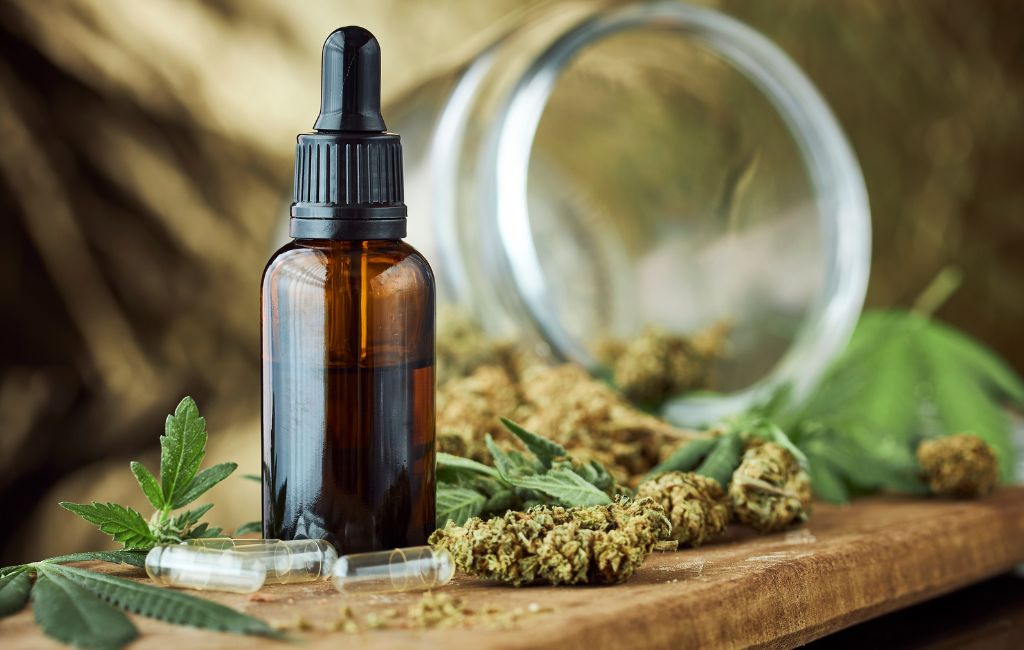Natural THCa Remedy: Unlocking Wellness
In recent years, the exploration of natural remedies has gained significant traction, with many individuals seeking alternatives to conventional medicine. Among these natural options, THCa (Tetrahydrocannabinolic Acid) has emerged as a promising compound. Unlike its more famous counterpart THC, THCa is non-psychoactive, offering potential health benefits without the high. This article delves into the potential natural THCa remedy, exploring its benefits, applications, and the science behind it.
Understanding THCa
What is THCa?
THCa is a cannabinoid found in raw and live cannabis plants. It is the acidic precursor to THC, the compound responsible for the psychoactive effects of cannabis. When cannabis is heated through smoking, vaping, or cooking, THCa converts to THC. In its raw form, THCa does not produce a high, making it an attractive option for those seeking therapeutic benefits without psychoactive effects.
The Science Behind THCa
Research into THCa is still in its early stages, but preliminary studies suggest it may offer a range of health benefits. THCa interacts with the body’s endocannabinoid system, which plays a role in regulating various physiological processes. This interaction may contribute to its potential therapeutic effects.
Potential Health Benefits of THCa
Anti-Inflammatory Properties
Inflammation is a common underlying factor in many chronic diseases. THCa has shown promise as an anti-inflammatory agent, potentially helping to reduce inflammation and alleviate symptoms associated with conditions like arthritis and inflammatory bowel disease.
Neuroprotective Effects
Emerging research suggests that THCa may have neuroprotective properties, which could be beneficial for individuals with neurodegenerative disorders such as Alzheimer’s and Parkinson’s disease. By protecting nerve cells from damage, THCa may help slow the progression of these conditions.
Antiemetic Benefits
THCa has been studied for its potential to reduce nausea and vomiting, making it a potential option for individuals undergoing chemotherapy or those with chronic nausea. Its antiemetic properties could provide relief without the psychoactive effects of THC.
Pain Relief
Chronic pain affects millions of people worldwide, often leading to a reliance on prescription painkillers. THCa may offer a natural alternative for pain management, with some studies indicating its potential to alleviate pain without the risk of addiction associated with opioids.
Applications of THCa
Raw Cannabis Juicing
One popular method of consuming THCa is through raw cannabis juicing. This involves blending fresh cannabis leaves and buds to create a nutrient-rich juice. This method preserves the THCa content, allowing individuals to benefit from its potential therapeutic effects.
Tinctures and Topicals
THCa can also be found in tinctures and topical products. Tinctures offer a convenient way to consume THCa orally, while topicals can be applied directly to the skin for localized relief. These products provide flexibility in how individuals incorporate THCa into their wellness routines.
Edibles and Capsules
For those who prefer a more traditional approach, THCa is available in edible and capsule forms. These products offer a discreet and easy way to consume THCa, making it accessible to a wider audience.
Case Studies and Statistics
Real-Life Examples
- A study published in the “Journal of Clinical Investigation” highlighted the anti-inflammatory effects of THCa in animal models, suggesting its potential for treating inflammatory conditions.
- In a case study, a patient with Parkinson’s disease reported improved motor function and reduced tremors after incorporating THCa into their treatment regimen.
Statistical Insights
- According to a survey conducted by the Brightfield Group, 40% of cannabis users reported using non-psychoactive cannabinoids like THCa for health and wellness purposes.
- The global market for cannabis-based products is projected to reach $97.35 billion by 2026, reflecting the growing interest in cannabinoids like THCa.
Conclusion
THCa presents a promising natural remedy with potential benefits for inflammation, neuroprotection, nausea, and pain relief. As research continues to unfold, the understanding of THCa’s therapeutic potential will likely expand, offering new opportunities for those seeking alternative wellness solutions. By exploring various consumption methods, individuals can find the approach that best suits their needs, unlocking the potential of THCa for improved health and well-being.





